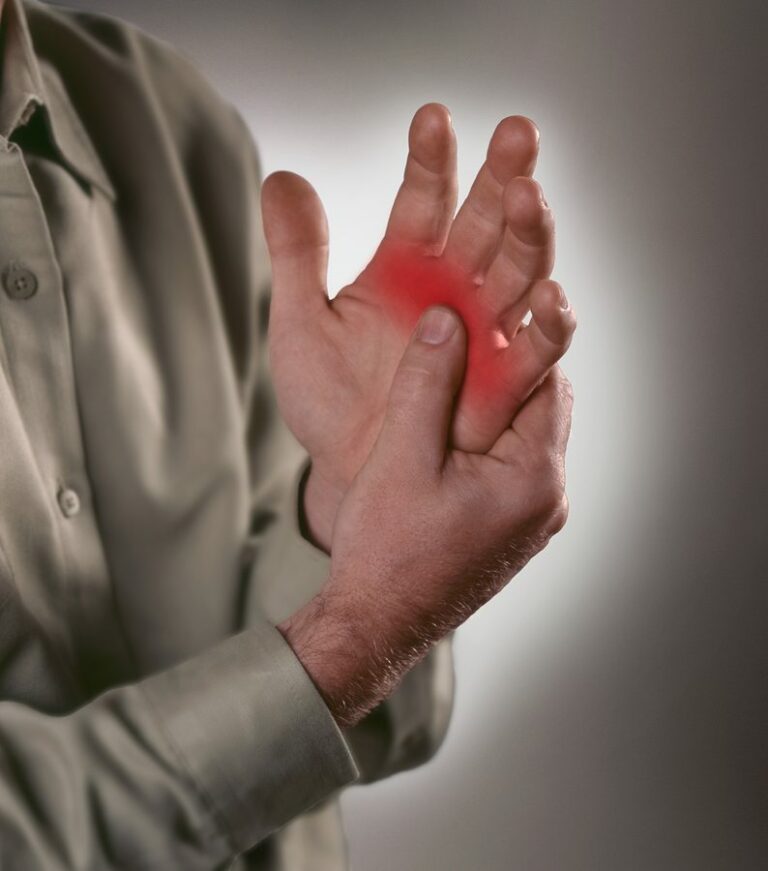Occasionally people with rheumatoid arthritis (RA) experience a flare up. A flare up is when symptoms have been controlled, but then suddenly become worse. The RA sufferer experiences three or more days of increased joint pain, swollen joints, and stiffness. An understanding of what causes RA flare ups and what to do about them can help family members of older adults with RA to assist with managing them.

Types of Flare Ups.
The Arthritis Foundation states that there are two kinds of flare ups:
- Predictable Flares: These types of flares have triggers that the RA patient is aware of. For example, if older adults with RA overexert themselves cleaning the house or engaging in other strenuous physical activity, they can expect to have a flare up. Predictable flares usually last a few days and resolve on their own.
- Unpredictable Flares: Unpredictable flares are ones that the RA patient cannot associate with a trigger. They simply feel worse, and don’t know why. These types of flares sometimes require medical care to resolve.
Common Flare Up Triggers.
There are several things that may trigger flare ups. Some things to be mindful of in aging family members with RA are:
- Infection: Some RA medications compromise the immune system, making it more likely that they will get infections. In turn, infections, even the common cold, can make RA symptoms worse.
- Fatigue: Fatigue, whether caused by physical exertion or emotional factors, can cause a flare up.
- Stress: Many RA sufferers report having gone through a period of high stress prior to having a flare up.
- Foods: Some foods, though they may be different for everyone, can cause symptoms to worsen. Tracking foods eaten and when flare ups occur can help determine which foods lead to flare ups.
Managing RA Flare Ups.
Managing RA flare ups requires knowing what a person’s triggers are. It can be helpful to keep a journal in which activities, foods, mood, and symptoms are tracked. This can help draw parallels between a person’s daily life and symptoms so that triggers can be identified. Once the triggers are known, finding ways to avoid them will help reduce the number of flare ups a person experiences.
Because fatigue and stress are known triggers, hiring a home care provider to assist an aging adult with RA can help avoid flare ups. Home care providers can perform household jobs that may tire the RA sufferer. Also, knowing that a home care provider is coming to help can reduce stress associated with worrying about whether things will get done. When flare ups do occur, home care providers can assist with things around the house so that the older adult can rest until the flare up resolves.
If you or an aging loved one are considering hiring home care in Spartanburg, SC, contact Heart of the Carolinas Home Care at 864-991-3116. Providing Home Care Services in Greenville, Simpsonville, Greer, Anderson, Spartanburg, Mauldin, Seneca, Laurens, Charleston, Columbia and the surrounding areas.
Sources
http://www.arthritis.org/living-with-arthritis/pain-management/flares/ra-flare-up-severity.php
https://www.everydayhealth.com/hs/guide-to-managing-ra/ra-triggers/
https://www.webmd.com/rheumatoid-arthritis/ra-prevent-flares#1
- Home Care Assistance Helps Seniors After A Fall - April 9, 2025
- How Home Care Supports Seniors Who Are Hard of Hearing - March 28, 2025
- Why Seniors Should Consider Companion Care At Home - March 10, 2025

